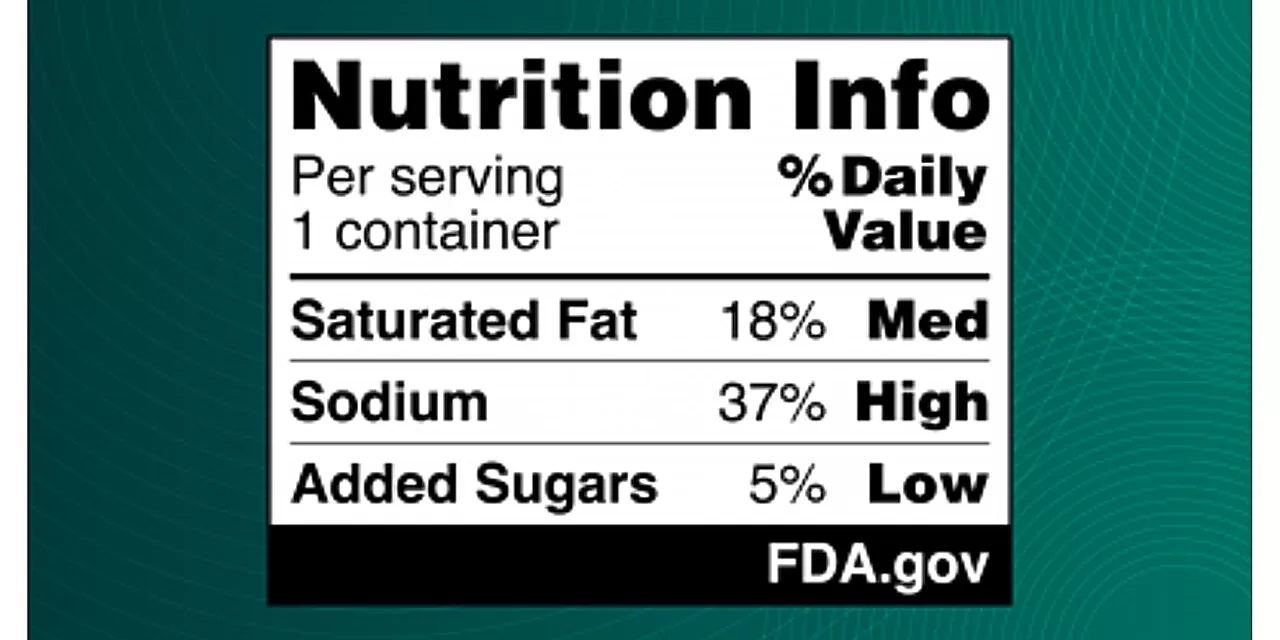A recent review published in the Cochrane Database of Systematic Reviews has found that calorie labeling on food menus and packaging leads to a small but measurable reduction in the number of calories people select and consume. This research, conducted by scientists from University College London (UCL), Bath Spa University, the University of Cambridge, and the University of Oxford, analyzed 25 studies on the impact of calorie labeling in real-world settings.
The findings show that the average reduction in calorie consumption was 1.8%, equating to roughly 11 fewer calories per 600-calorie meal—about the equivalent of two almonds. This modest shift suggests that while calorie labeling may not dramatically change individual food choices, it could have a meaningful impact on public health if sustained over time.
Senior author Dr. Gareth Hollands from UCL noted, “Our review suggests that calorie labeling leads to a modest reduction in the calories people purchase and consume. This may have some impact on health at the population level, but calorie labeling is certainly no silver bullet.” Dr. Hollands emphasized that small, daily reductions in calorie intake could help combat the tendency of adults to gain weight over time, with a UK government report estimating that 90% of individuals aged 20–40 will gain up to 9 kg over a decade. Even a 1% reduction in daily calorie intake could prevent this weight gain.
The review, which incorporated studies from high-income countries including the United States, the UK, France, and Canada, found consistent results across supermarkets, restaurants, and cafeterias. However, the inclusion of alcohol in the studies yielded uncertain results. Dr. Natasha Clarke, lead author of the study, explained, “While the overall impact on individual meals or food purchases may be modest, the evidence is robust. The cumulative effect at a population level could make a meaningful contribution to public health.”
Despite the promising results, the review raised concerns about the potential risks of calorie labeling for individuals at risk of disordered eating. The authors emphasized the need for further research to explore any mental health impacts and recommended that future studies consider these risks.
Dr. Hollands concluded, “Calorie labeling may play a useful role in encouraging healthier food choices, particularly when combined with broader policies such as taxes, marketing restrictions, and food reformulation. However, we must be cautious and ensure that the potential benefits outweigh any unintended consequences.”
As calorie labeling becomes more widespread, the study underscores the need for continued evaluation and a balanced approach in implementing such public health policies.
For further details, see the full study: Calorie (energy) labelling for changing selection and consumption of food or alcohol, Cochrane Database of Systematic Reviews (2025). DOI: 10.1002/14651858.CD014845.pub2.












